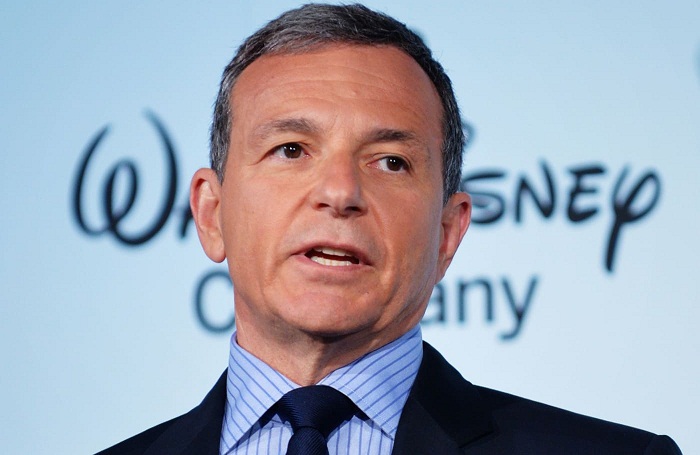The Walt Disney Company has announced that Disney+ has gathered 28.6 million paid subscribers surpassing 25 million predicted by Wall Street analysts, s of 3 February.
Launched in November 2019, Disney+ revealed that it already had more than 10 million subscribers after the day of launch. This recent number is released by Disney chairman and CEO Robert ‘Bob’ Iger during its revealing of the company’s earnings for the Q1 of the 2020 fiscal year. So these numbers reflect subscriber counts as of December 28, 2019.

Disney also released subscriber numbers for ESPN+ (6.6 million) and Hulu, where it owns a controlling stake (27.2 million for subscription video on-demand only, 3.2 million for SVOD and live TV, 30.4 million total). In comparison, Netflix said last month that it has 167 million paid subscribers worldwide. Some credit also goes to TechCrunch’s parent company Verizon providing certain customers with 12 months of Disney+ service for free.
“We had a strong first quarter, highlighted by the launch of Disney+, which has exceeded even our greatest expectations. Thanks to our incredible collection of brands, outstanding content from our creative engines and state-of-the-art technology, we believe our direct-to-consumer services, including Disney+, ESPN+ and Hulu, position us well for continued growth in today’s dynamic media environment. We believe the subscriber growth to date and the overall reaction to Disney+ reflects a variety of factors that include the uniqueness of the service, an excellent user interface and the high quality of our brands and content. Although our volume will increase, we remain focused on providing quality content from our core franchises and brands, not just quantity, as we continue to build our portfolio, ” said Iger in a statement.
Disney said during its quarter, its direct to consumer and international business (which includes streaming) saw revenue increase from $0.9 billion to $4.0 billion year-over-year, while the unit’s operating loss increased from $136 million to $693 million. Disney attributed these growing losses to “costs associated with the launch of Disney+, the consolidation of Hulu and a higher loss at ESPN+.”

